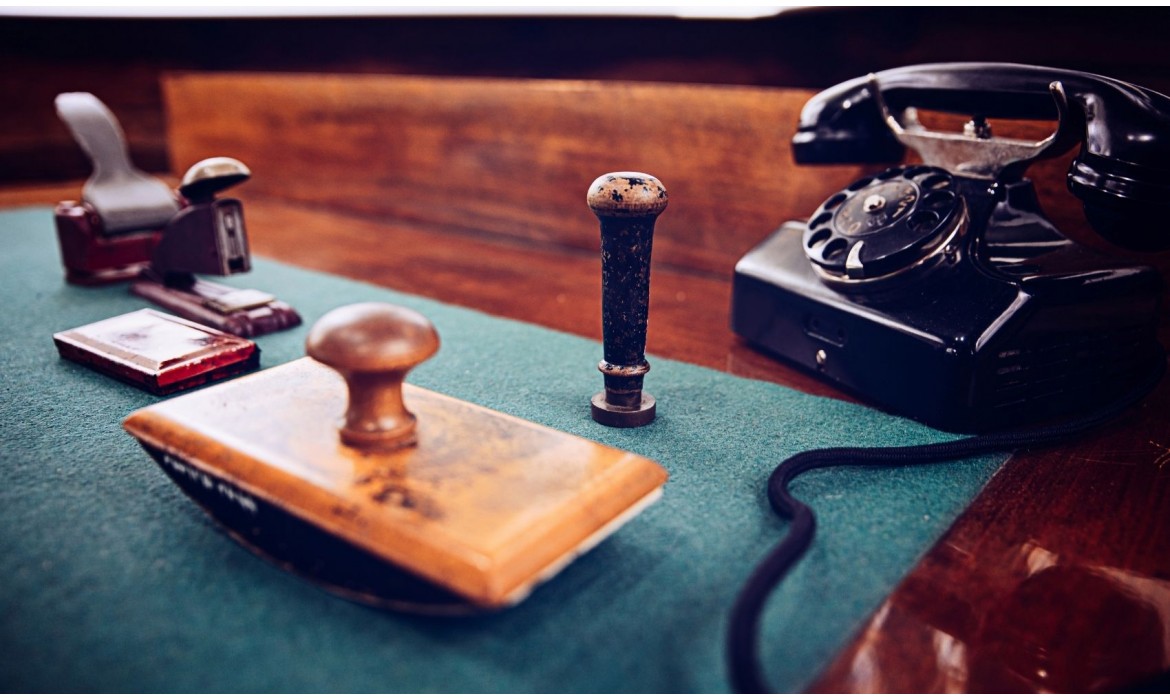Subito dopo la stipula le parti chiedono al notaio rogante una copia conforme dell'atto.
Per il rilascio della copia conforme è necessario attendere qualche giorno dal rogito in quanto l'atto deve essere prima registrato (art. 66 del Testo unico sull'imposta di registro).
La registrazione attesta il versamento dell'imposta di registro.
Cosa accade se il proprietario dell'immobile ha smarrito la copia dell'atto di provenienza?
Si potrebbe ricorrere al notaio rogante, ma questi nel frattempo può essersi trasferito in un altro distretto, aver cessato l'attività o essere deceduto.
Per fortuna è possibile recuperare l'atto in diversi modi, vediamo come.
GLI ATTI RECUPERABILI
Possono essere recuperati soltanto gli atti pubblici (trascritti e) depositati presso le Conservatorie dei registri immobiliari o gli Archivi notarili di Stato, e non le scritture private o le successioni semplicemente registrate presso gli uffici dell’Agenzia delle Entrate. Oltre agli atti di compravendita (di immobili o terreni) possono essere recuperati:
* donazioni;
* successioni;
* atti di mutuo;
* atti di costituzione di società;
* atti di divisione;
* atti di concessione di ipoteca;
* atti di pignoramento.
RICERCA PRESSO IL NOTAIO ROGANTE
Per legge i notai sono tenuti a conservare nei propri archivi gli atti stipulati fino alla cessazione dell’attività o al trasferimento in altro distretto notarile.
Per ricercare un atto presso lo studio del notaio rogante è necessario conoscere il nominativo del pubblico ufficiale e la data di stipula.
La copia conforme può essere rilasciata anche a terzi, purché muniti di delega di una delle parti contraenti.
RICERCA PRESSO L'ARCHIVIO NOTARILE DISTRETTUALE
Dopo la stipula tutti gli atti notarili vengono inviati all'Archivio notarile del distretto in cui il notaio esercita la propria attività.
Se non si conosce l'archivio notarile distrettuale presso il quale è stato depositato l'atto, è possibile usufruire del servizio Archinota, gestito dal Ministero della giustizia, disponibile al seguente link:
www.giustizia.it/giustizia/it/mg_1_1.wp
Per effettuare la ricerca occorrono il nominativo del notaio rogante, la data e la provincia di stipula e, per restringere ancora il campo, i numeri di repertorio e raccolta.
Una volta recuperati questi dati, il sistema indicherà qual è l'Archivio distrettuale presso il quale è stato depositato l'atto e gli orari di apertura degli uffici.
Le richiesta della copia dell'atto può avvenire in presenza, recandosi personalmente presso la sede dell'Archivio, o in via telematica.
Sarà necessario specificare l’uso a cui è destinata la copia, per ottenere il duplicato in bollo o in carta libera. La copia può essere richiesta anche su supporto informatico.
L’ufficio centrale degli archivi notarili è a Roma, via Padre Semeria, 95.
RICERCA ON LINE
La ricerca può essere effettuata fornendo il nominativo di una delle parti e i dati catastali dell'immobile (o, in mancanza, l'indirizzo).
Se, invece, si è in possesso delle seguenti informazioni, è possibile richiedere direttamente la copia conforme dell'atto:
* nome del proprietario dell’immobile;
* estremi catastali;
* anno di stipula;
* conservatoria di riferimento;
* tipologia di atto.
Se l'immobile è antecedente al 1° gennaio 1980, è necessario conoscere anche il nominativo del notaio rogante. In caso contrario, è possibile chiedere un'ispezione cartacea o una visura ipotecaria al fine di individuare la nota di trascrizione contenente tutti i riferimenti dell'atto, per poi procedere alla richiesta della copia conforme.
RICERCA PRESSO LA CONSERVATORIA
Quando l'atto non può essere richiesto presso il notaio che lo ha rogato (perché, ad esempio, ha cessato l'attività) né presso l'Archivio notarile distrettuale, ci si può rivolgere alla Conservatoria.
Il tempo necessario per recuperare l'atto è di circa un mese.
Tutti gli atti notarili vengono trasferiti all’Archivio di Stato decorsi 100 anni dal decesso del notaio.
Nonostante si possa recuperare la copia conforme di un atto notarile, è sempre consigliabile tenere in ordine la documentazione relativa agli immobili posseduti e verificarne la completezza per evitare lungaggini burocratiche nel momento in cui si decide di disporre dell'immobile.

